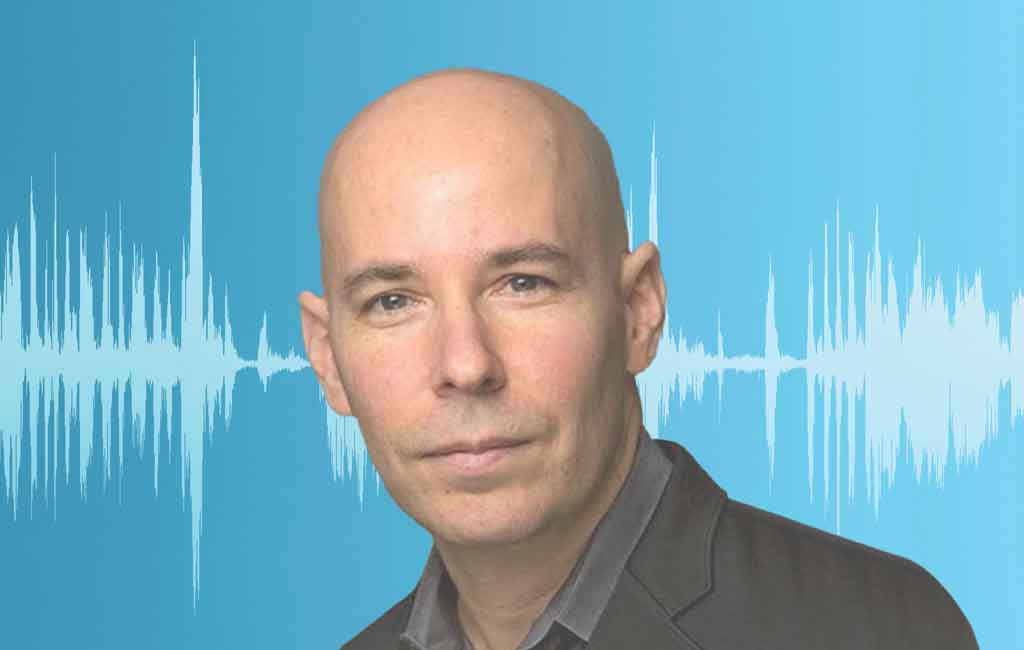The latest episode of the Two Steps Forward podcast features insights from Raz Godelnik, an associate professor at the Parsons School of Design, focused on the need for corporate sustainability officers (CSOs) to prioritize transformative change. During the discussion with co-host Solitaire Townsend, Godelnik emphasizes that current corporate practices must evolve beyond mere incremental improvements to create genuine systems-level transformation.
Godelnik, who has taught a graduate-level class on sustainable business models for nearly a decade, argues that leading with sustainability requires understanding the priorities of stakeholders. “You need to operate on different levels,” he states. “Meeting people where they are means that you don’t lead with sustainability. You actually lead with other priorities that people care more about.” This approach aligns with Godelnik’s perspective that many companies are still focused on short-term growth rather than on creating a sustainable future.
Moving Beyond Incrementalism
In his critique of corporate sustainability efforts, Godelnik calls for a shift from what he terms “sustainability as usual” to a model that emphasizes values over profits. He highlights the importance of radical innovation in reimagining existing systems, rather than merely making minor adjustments within flawed frameworks. “What has changed is the political environment,” he explains, suggesting that companies must consider external factors such as regulatory conditions and social norms to drive real change.
Godelnik notes that external pressures—including regulation and social expectations—often play a more significant role in advancing corporate sustainability than internal motivation. He expresses concern that a focus on compliance may stifle creativity, urging organizations to invest more in innovative strategies. “There’s a lot of managerial sustainability going on, not much entrepreneurial,” he points out. This imbalance results in companies spending more on auditing than on developing innovative business models.
Empowering Future Professionals
As an educator, Godelnik aims to empower future sustainability professionals to adopt bold approaches and maintain clarity about the difference between incremental and radical changes. He emphasizes the importance of instilling a sense of agency in his students, encouraging them to experiment with small changes that can lead to larger impacts. “Even if these are just small ways of experimenting with change, if they will be doing it, that would be great,” he asserts.
The conversation on the Two Steps Forward podcast illustrates the ongoing evolution of the sustainability profession. Contrary to the misconception that corporate sustainability is declining, Godelnik and Townsend discuss its flourishing state globally. With episodes available on various platforms, including Spotify and Apple Podcasts, the podcast continues to explore key topics in sustainability, emphasizing the need for transformative approaches in the field.
In summary, Godelnik’s insights encourage CSOs and future professionals to rethink their strategies in sustainability, advocating for a shift towards transformation rather than mere progress.
